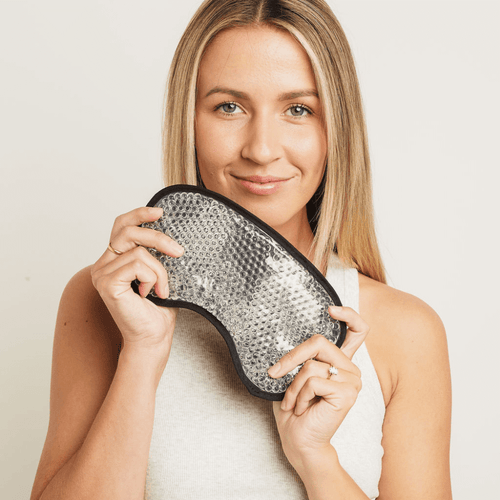We all know how vital sleep is to our overall health and well-being. But did you know that not all sleep is created equal? In fact, there's such a thing as non-restorative sleep—and it can have some pretty serious consequences for your health. Here's what you need to know about non-restorative sleep and how to make sure you're getting the restful slumber you need.

What is Non-Restorative Sleep?
Non-restorative sleep is, simply put, poor quality sleep. It's the kind of sleep that doesn't leave you feeling rested or refreshed when you wake up in the morning. If you've ever had a night where you felt like you slept for hours but still woke up feeling exhausted, chances are you were experiencing non-restorative sleep.
There are a number of different factors that can contribute to non-restorative sleep, including stress, anxiety, pain, medications, and underlying health conditions. But one of the most common causes of non-restorative sleep is poor sleep hygiene— habits that interfere with your ability to get deep, restful sleep.
Some examples of poor sleep hygiene include:
• Staying up late to watch TV or work on the computer
• Drinking caffeinated beverages late in the day
• Eating a large meal before bedtime
• Exercising too close to bedtime
• Sleeping in an uncomfortable or cluttered environment
The Dangers of Non-Restorative Sleep
Non-restorative sleep can have some pretty serious consequences for your health. For starters, it can leave you feeling exhausted and lethargic during the day. It can also impact your mood, concentration, and ability to remember information. Long-term effects of non-restorative sleep include an increased risk for chronic diseases such as heart disease, diabetes, and obesity.
How to Make Sure You're Getting Restorative Sleep
The best way to ensure that you're getting restorative sleep is to practice good sleep hygiene. This means establishing regular habits that promote deep, restful sleep.
Some tips for better sleep hygiene include:
• Going to bed and waking up at the same time each day (even on weekends)
• avoiding caffeine and alcohol before bedtime
• exercising regularly
• creating a calm and comfortable sleeping environment which isn't humid
If you're not getting restful sleep, chances are you're not getting the full benefits of slumber. Poor quality sleep can leave you feeling exhausted during the day and can even lead to chronic health problems down the road. To make sure you're getting the most out of your shut-eye, practice good sleep hygiene by establishing regular habits that promote deep slumber.




















